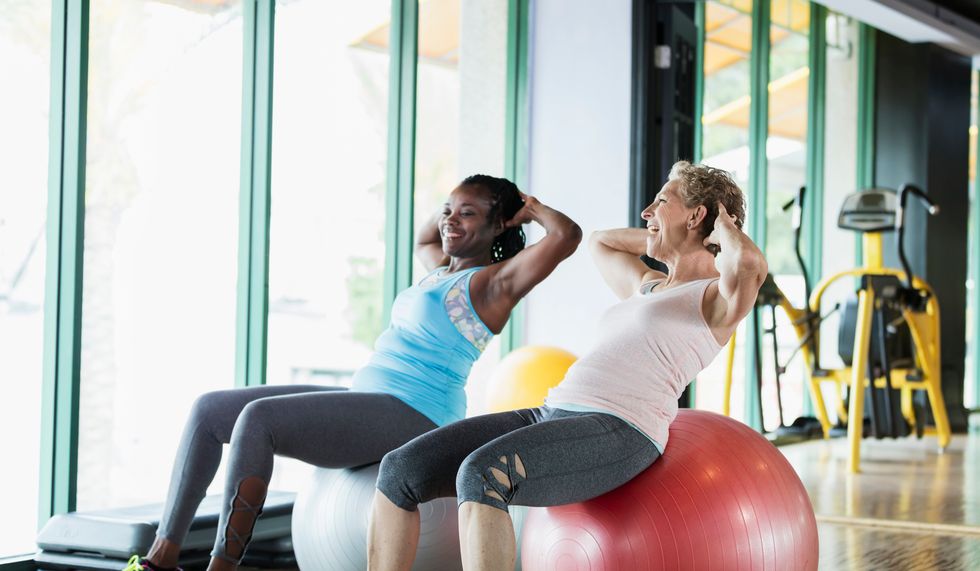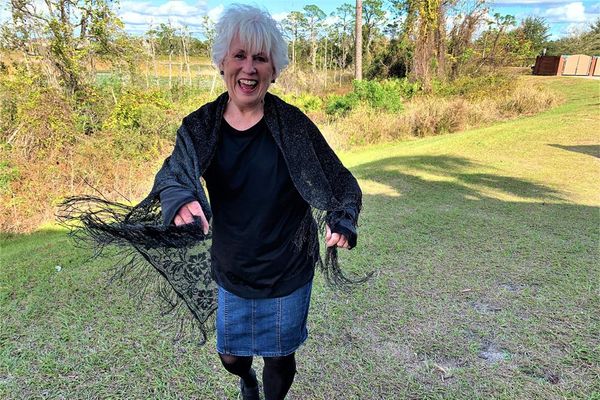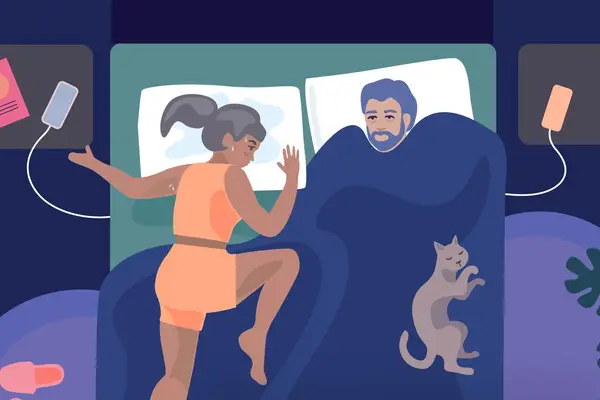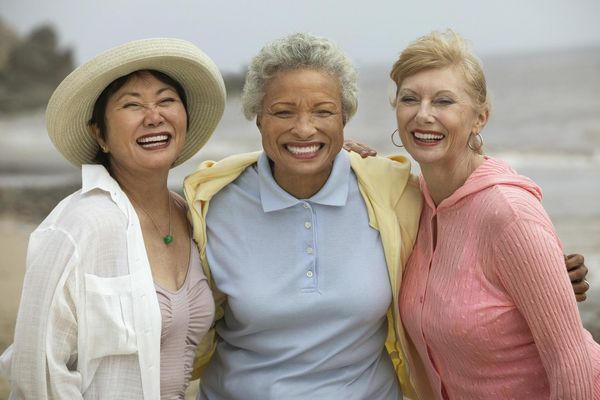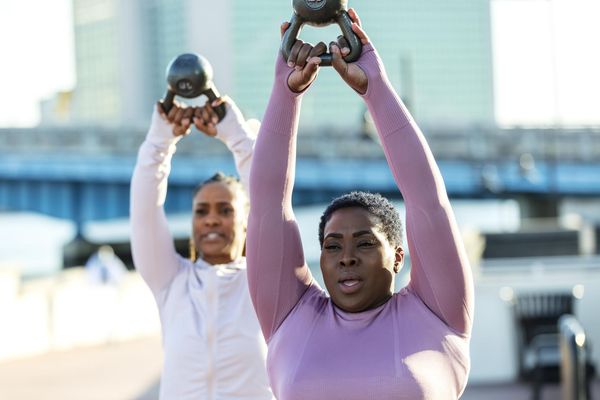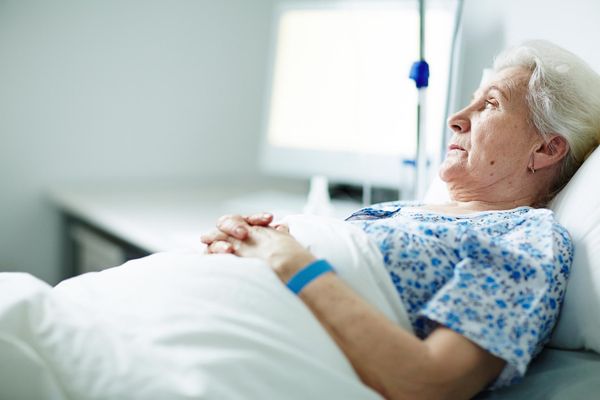By Christine Verini, RPh, Board Chair, HealthyWomen
If you're concerned about your health as you age, you're already likely to be eating well and exercising, while staying up-to-date on important screenings like mammograms and colonoscopies. But there's another vital piece of the stay-well puzzle that you might be missing: strong social connections.
According to Aging Smart, Aging Well, a new national survey of more than 3,100 U.S. women by HealthyWomen and WebMD, more than 80 percent of women believe that "healthy aging" should include good nutrition, staying active, adequate sleep, being proactive about health care, and maintaining brain health. Yet only 65 percent of premenopausal women say that cultivating relationships and maintaining communication with friends and family is also an important part of the mix.
Fortunately, as women age, we see a greater number of postmenopausal women (close to 80 percent in our survey) reporting on the value the importance of close social bonds on our overall health. That's good news, considering that new research is revealing more and more the value of close relationships as we age.
Numerous studies have examined the connection between having a strong social circle and one's health. Research from the University of Chicago on people over age 50 found that people who feel lonely are more apt to experience increases in their blood pressure as they get older. Research from the Ohio State University found that breast cancer survivors who are lonely experience more pain and fatigue.
Meanwhile, a meta-analysis of 148 studies, published in PLOS Medicine, determined that people with strong relationships were 50 percent less likely to die prematurely compared to those who lack meaningful social ties. That means weak social ties could be as dangerous as smoking up to 15 cigarettes a day!
Not surprisingly, relationships have a huge impact on your mental well-being, too. One large study of more than 4,600 Americans concluded that "those with the lowest overall quality of social relationships had more than double the risk of depression than those with the highest quality."
While having close friends and family won't necessarily prevent a mental health disorder, it can make managing it easier. In the HealthyWomen/WebMD survey, more than 25 percent of women surveyed say they had anxiety or depression and many said they feel that the condition has a substantial impact on their overall quality of everyday life.
If you're currently juggling a career with caring for kids and/or an aging relative, finding time to nurture friendships might seem impossible. But remember that even small gestures like calling to wish someone a happy birthday or sharing a quick cup of coffee can help keep you feeling connected. Older adults, many of whom live by themselves, may have the opposite problem: too much free time and too few people to spend it with.
No matter your age, it's smart to invest at least a little time and energy in maintaining your most treasured friendships. If you're feeling like your social circle is lacking, look for new ways to expand it. Take a cooking class, volunteer at the library or through groups like CancerCare, or show up at a house of worship more often and you might discover some like-minded companions. At the same time, think about who you've lost touch with or would like to see more often and set a date to get together and catch up.
Your happiness—and health—depends on it.
***
Christine Verini, RPh, is HealthyWomen Board Chair and Chief Operating Officer for CancerCare, a 75-year-old nonprofit focused on providing free, professional support services and information to help people manage the emotional, practical and financial challenges of cancer. Recently named to the PharmaVOICE Magazine's 100 Most Inspiring People list, recognizing those who have made important contributions to the life-sciences industry, Ms. Verini previously served as Vice President of Corporate Communications and Advocacy at Eisai, a pharmaceutical company, where she was instrumental in creating Magnolia Meals at Home, providing meals at no cost to eligible patients and families living with cancer.

